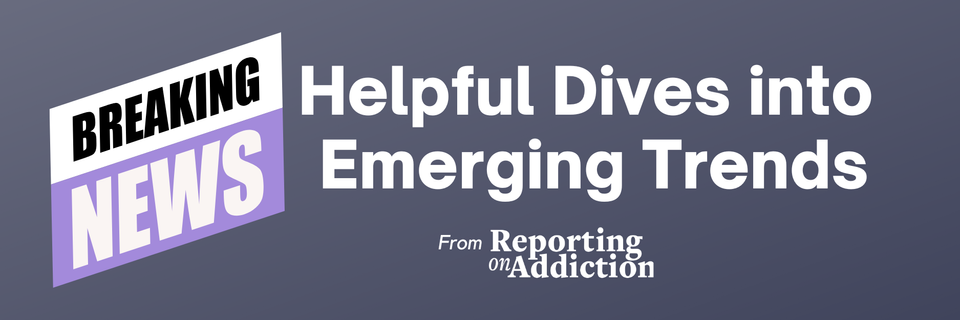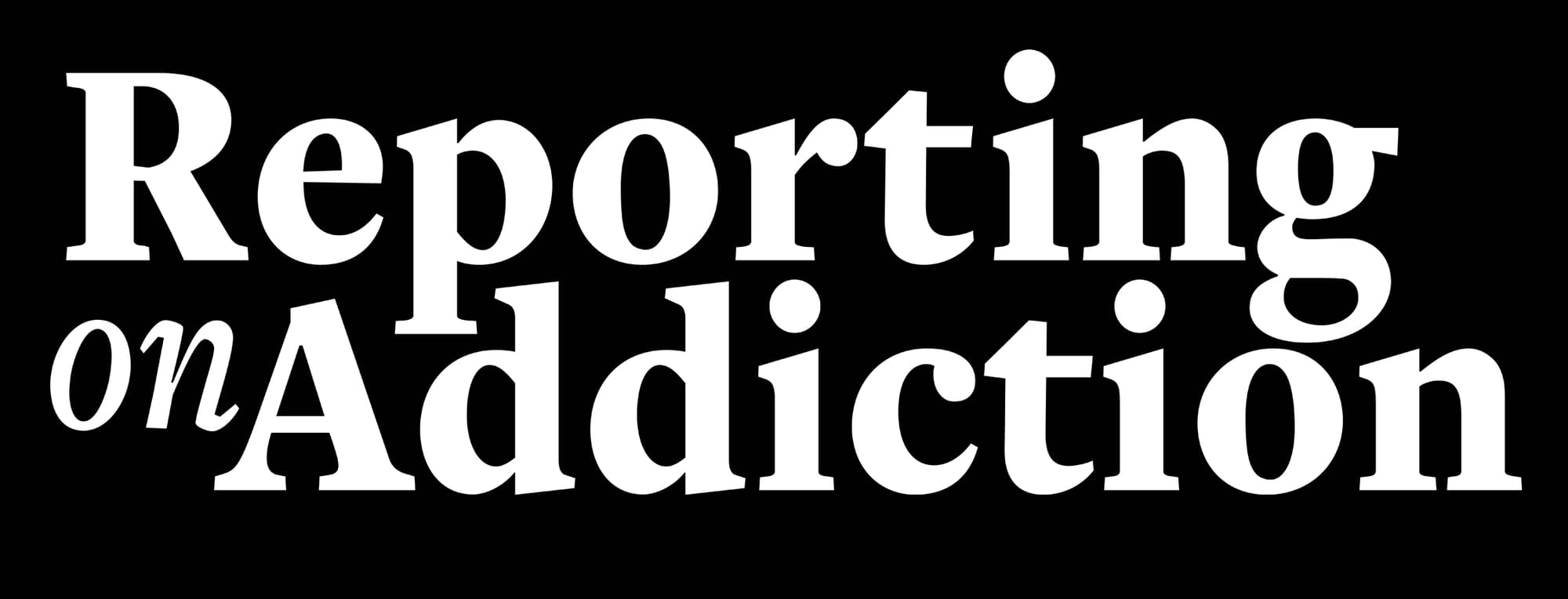Zombie Nation

Jonathan and Mishka here. There is an emerging news story that reminded us all why we at Reporting on Addiction are trying to improve journalism on addiction: the potent mix of fentanyl (an opioid) and xylazine (a sedative) known as the “Zombie Drug” or “Tranq Dope.”
While fentanyl + xylazine is a concerning development in the evershifting opioid crisis because of its potential to increase morbidity and mortality, framing it as a “Zombie Drug” is deeply problematic.
To our knowledge there hasn’t been science to test how framing drug use as “creating zombies” shifts perception of people who use drugs (we’re on it!) but common sense says we need to rethink the language we’re using around this crisis.
Pause and think - would you help a zombie?
If you’re not familiar with zombies in pop culture, the only way to handle a zombie is to kill them. Yes, the CDC guidance on zombie outbreaks (that’s a real thing) recommends quarantining while CDC scientists identify causes and work on cures, but that’s not the first thing you thought of when you read ZOMBIE. You thought of the many TV shows and movies that have found creative ways to kill zombies in a post-apocalyptic wasteland.
While we understand why “zombie” is increasingly showing up in headlines and news stories - it pops! - this type of language hurts the people who need help most.
When telling stories about addiction we need to consider: Who does it help when we dehumanize people?
You’ll notice, that the recent DEA public safety alert that spurred this recent reporting does not mention “zombie” and for good reason. Neither does NIDA.
And it’s pretty clear why. “Zombie” is not the image we want to be associated with a medical condition where evidence-based treatment exists and recovery is possible. It doesn’t serve the community you hope to inform with reporting, it only pushes people who use drugs further to the margins of society and that’s dangerous. We want to bring people in whether it’s to harm reduction services or treatment.
Instead of further sensationalizing this crisis, here’s how you can help:
How You Can Help
Journalists
Reevaluate framing this current issue as “zombies” and center reporting on addiction as a medical condition with evidence-based treatment and harm reduction.
Experts
When sought for quotes, reinforce to interviewers that this framing is harmful to people you’re trying to help. Help journalists link with our resources on ethics and reporting or forward them this email.
Educators
This is a great topic to shape a conversation around ethics in your classroom!
When we started Reporting on Addiction, I didn’t think I would be writing about zombies, but here we are. If you or your newsroom needs help covering this topic, reach out. We have loads of experts ready to help.
Jonathan and Mishka


